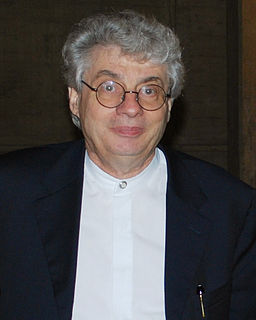A Quote by Democritus
Nature and education are somewhat similar. The latter transforms man, and in so doing creates a second nature.
Related Quotes
Nature is man's inorganic body -- that is to say, nature insofar as it is not the human body. Man lives from nature -- i.e., nature is his body -- and he must maintain a continuing dialogue with it is he is not to die. To say that man's physical and mental life is linked to nature simply means that nature is linked to itself, for man is a part of nature.
Education is either from nature, from man or from things. The developing of our faculties and organs is the education of nature; that of man is the application we learn to make of this very developing; and that of things is the experience we acquire in regard to the different objects by which we are affected. All that we have not at our birth, and that we stand in need of at the years of maturity, is the gift of education.
If speculation tends thus to a terrific unity, in which all things are absorbed, action tends directly back to diversity. The first is the course or gravitation of mind; the second is the power of nature. Nature is manifold. The unity absorbs, and melts or reduces. Nature opens and creates. These two principles reappear and interpenetrate all things, all thought; the one, the many.
Moreover, it is difficult to reconcile Hobbes’s distrust for the individual with his confidence in the altruistic nature of the individual or individuals who will oversee and control the Leviathan. Are not the latter also of flesh and blood? Hobbes seems to be saying that man’s nature cannot be trusted but the nature of a ruler or a ruling assembly of men can be trusted. How so?
After decades of faithful study, ecologists have begun to fathom hidden likenesses among many interwoven systems. ...a canon of nature's laws, strategies, and principles...
Nature runs on sunlight.
Nature uses only the energy it needs.
Nature fits form to function.
Nature recycles everything.
Nature rewards cooperation.
Nature banks on diversity.
Nature demands local expertise.
Nature curbs excesses from within.
Nature taps the power of limits.
There are three kinds of nature in man, as Nicetas Stethatos further explains: the carnal man, who wants to live for his own pleasure, even if it harms others; the natural man, who wants to please both himself and others; and the spiritual man, who wants to please only God, even if it harms himself. The first is lower than human nature, the second is normal, the third is above nature; it is life in Christ.






































